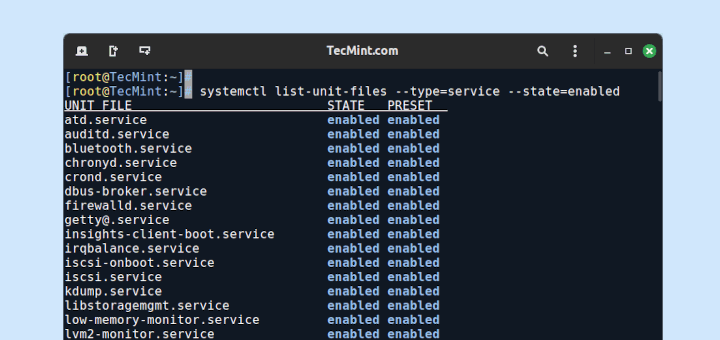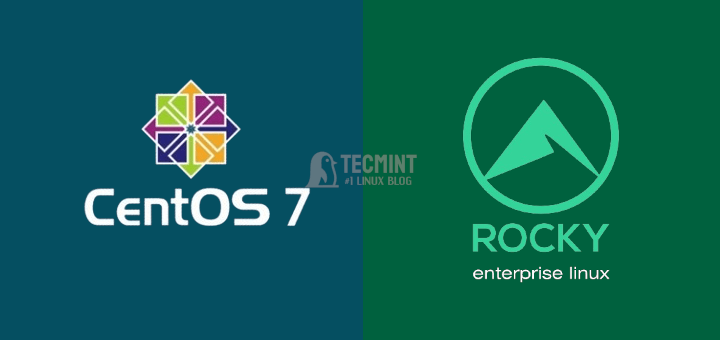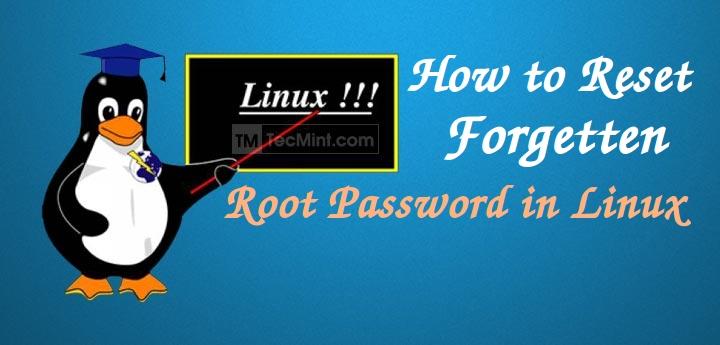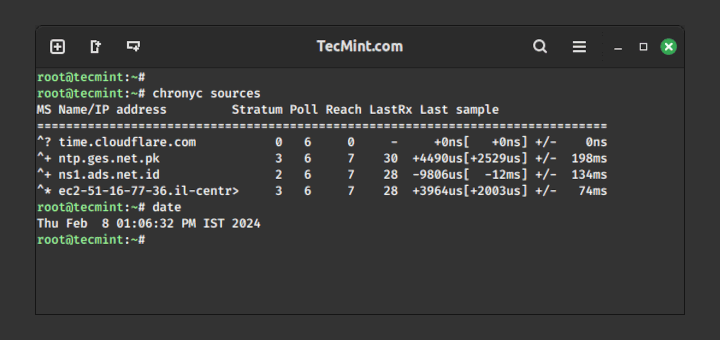CentOS Stream has become a key part of the Red Hat ecosystem, offering developers an exciting opportunity to shape the future of Red Hat Enterprise Linux (RHEL).
In this article, we’ll dive into what CentOS Stream is, how it’s different from traditional CentOS, and why developers should consider working with it.
What is CentOS Stream?
CentOS Stream is a rolling-release Linux distribution that sits between Fedora, a bleeding-edge community project, and Red Hat Enterprise Linux (RHEL), the stable enterprise-ready platform. It’s essentially the testing ground for the next version of RHEL.
While Fedora is often too cutting-edge for some use cases and RHEL focuses on long-term stability, CentOS Stream provides a middle ground, which allows developers to contribute, test, and preview features that will eventually make their way into RHEL.
The Shift from CentOS Linux to CentOS Stream
For many years, CentOS was a direct downstream clone of RHEL, that provided users with a free, stable operating system identical to RHEL but without Red Hat’s support.
However, in December 2020, Red Hat announced a major shift, where they decided to phase out CentOS Linux and focus on CentOS Stream. This move caused some controversy, but from a developer’s perspective, it has opened new doors.
Instead of waiting for changes to appear in RHEL, developers can now see, test, and contribute to updates while they are still in development in CentOS Stream, which gives them greater control and insight into the future of the RHEL ecosystem.
Key Features of CentOS Stream
- Rolling Updates: Unlike the traditional CentOS, which had fixed versions, CentOS Stream is a rolling-release system, which means it gets continuous updates, allowing developers to test upcoming features before they are integrated into RHEL.
- Active Contribution: Developers can contribute directly to CentOS Stream by testing new packages, reporting bugs, or even submitting patches, which shapes the final release of RHEL, making the process more transparent.
- Preview of RHEL: CentOS Stream acts as a development pipeline for RHEL, which offers an early look at features and changes that will eventually appear in future RHEL versions, giving developers an advantage when planning for long-term projects.
- Community Support: As part of an open-source ecosystem, CentOS Stream relies on community contributions and feedback, which gives developers a platform to share knowledge, troubleshoot issues, and enhance the operating system.
Why CentOS Stream Matters to Developers
- Early Access to Features: CentOS Stream provides developers with early access to updates and features before they are officially released in RHEL, which allows them to test applications and infrastructure in a near-future environment and avoid surprises when RHEL updates are rolled out.
- Contributing to RHEL: If you’re a developer who works with RHEL in production environments, CentOS Stream gives you a chance to shape the development of future RHEL releases, where you can provide feedback, report bugs, and even submit improvements that could make their way into RHEL.
- Ideal for Testing and Development: For developers working in environments where stability is critical (like enterprise systems), CentOS Stream offers the best of both worlds. You get a preview of what’s coming without sacrificing the familiar Red Hat environment.
Challenges of CentOS Stream
While CentOS Stream is a powerful distribution for developers, it’s not without its challenges.
- Less Stability Than RHEL: Since CentOS Stream is a rolling-release, it doesn’t offer the same level of stability as RHEL, which makes it less ideal for production environments where long-term support is critical.
- Learning Curve: For those used to the old CentOS, adapting to CentOS Stream‘s rolling-release model might require some time. Developers will need to stay updated on changes and be proactive about testing updates in their systems.
Who Should Use CentOS Stream?
- Application Developers: If you’re building applications that will eventually run on RHEL, CentOS Stream allows you to develop and test in an environment that closely mirrors the future of RHEL.
- System Administrators: For sysadmins managing RHEL environments, CentOS Stream provides a way to test new RHEL features and updates before they go live, allowing you to prepare for upcoming changes.
- Open Source Contributors: If you want to contribute to the future of RHEL, CentOS Stream offers a platform to get involved. By testing, reporting bugs, and submitting patches, you can help shape a major Linux distribution.
Conclusion
CentOS Stream represents a new chapter for developers in the Red Hat ecosystem. While it may not be ideal for every use case, especially production environments requiring high stability, it offers developers a unique opportunity to be part of the evolution of RHEL.
For those ready to explore this evolving landscape, CentOS Stream is a powerful distribution to have in your development toolkit.








Before Stream, I used to use CentOS, but now all my servers are on AlmaLinux.
@Nicu,
Same here! Switched all my servers to AlmaLinux too – it’s been great so far!